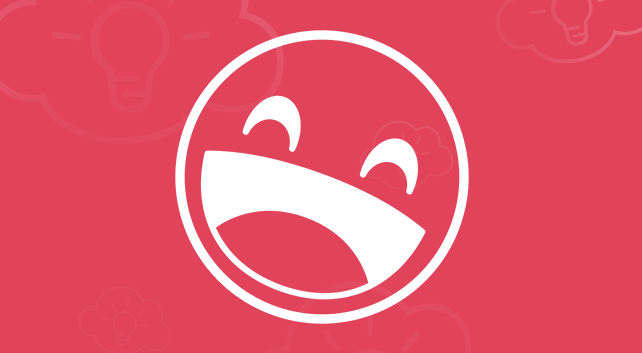- corporate
- Blog post
A fun place to work – and learn
We’ve written before about the power of informal learning. When employees share knowledge with each other, work performance and engagement increase. And your organization’s learning culture continues to develop beyond the formal training program.
There are several ways to try to boost peer learning, from scheduling team coffee breaks and lunches to setting aside time for employees to discuss work issues. But recent research has uncovered a surprisingly powerful way to encourage informal learning: fun.
The research
Researchers from Penn State University studied over 200 managers to gain insight into successful workplace learning environments. They found that fun was significantly correlated with the amount of informal learning that took place in a given team.
In fact, the study found that supporting fun mattered more than supporting learning. Managers who supported a fun work environment saw more informal learning in their teams than those that strongly and explicitly supported learning itself.
The researchers stated the results may not stem from the fun activities themselves. Instead, a fun atmosphere creates a climate where people are more likely to share information. Here are three reasons why:
- Social bonds. When employees feel comfortable with each other, they are more willing to freely communicate. And while that communication may often be social in nature, they will inevitably discuss work as well. And that opens the door for knowledge sharing opportunities.
- Openness to experimentation. A comfortable work environment will take some of the pain out of the learning process. When learning something new, employees can be hesitant for fear of failure or looking foolish in front of co-workers. But the research suggests that a fun work environment makes people more comfortable to try new things and push themselves out of their comfort zone.
- Collaboration. Fun “creates group cohesion,” said the lead researcher. So teams that are connected are more willing to take the time to help each other figure out problems, give advice and work together.
Implications
The study described “fun” as team-building activities, celebrations for specific team member achievements and general managerial support for a fun atmosphere. And while some may suggest that fun can be a distraction, the research found that it may increase employee loyalty, which boosts resiliency and dedication to work responsibilities.
Fun, of course, is no panacea. And certainly too much fun could hurt productivity. The researchers suggest that each team and organization is different and will need to find their own way to strike an effective balance.
“There are always going to be pros and cons,” said the lead researcher. “There’s never going to be a perfect workplace, there’s never going to be a perfect management intervention, so you have to choose your battles.”
Source: Tews, M. J., Michel, J. W., & Noe, R. A. (2017). Does fun promote learning? The relationship between fun in the workplace and informal learning. Journal of Vocational Behavior, 98, 46-55.

Get a demo of all our training features
Connect with an expert for a one-on-one demonstration of how BTS Total Access can help develop your team.




